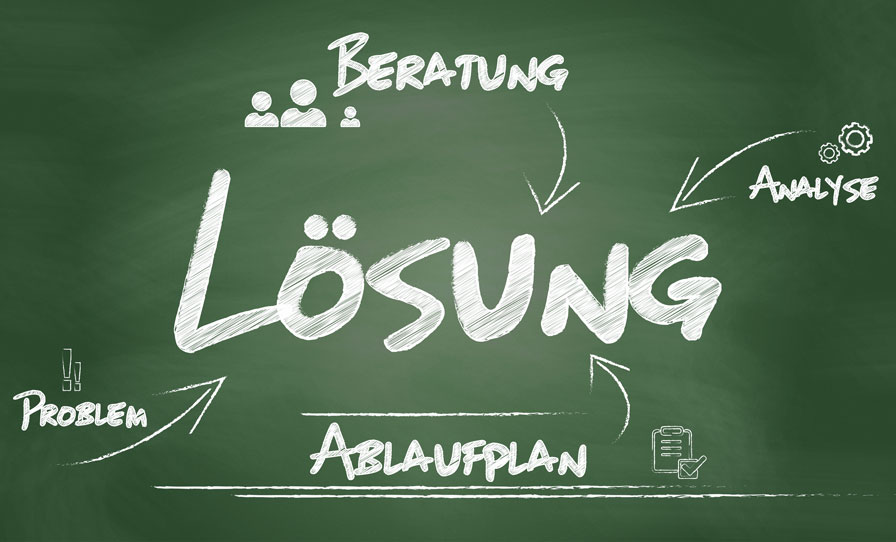A method to strengthen the action and solution orientation of teams
Suddenly you’re faced with this problem. This problem that doesn’t seem solvable alone. A challenge where you’re just not making progress. What can help then? Not doing it alone, but together. Seeking advice from others. With the method of collegial case consultation, seeking advice becomes systematic. In this article, you’ll learn how this method works and why it enhances a team’s resilience.
What is collegial case consultation?
Collegial case consultation is a valuable method for professional development and problem-solving. By teaming up with other professionals in the same field, one can gain new perspectives, expand their own knowledge, and learn from others. In collegial case consultation, several professionals from the same field come together to discuss and analyze a case. The idea is that participants benefit from their own experiences and perspectives to find better solutions together.
Typically, one of the participants presents the case, and the others ask questions, express their opinions, and suggest solutions. The goal is to develop a common view of the case, discuss possible approaches, and agree on a recommended course of action. Thus, through exchange and collaboration, the quality of work is improved, and better results are achieved.
Collegial case consultation can be applied in many areas:
- A manager seeks opinions and suggestions from colleagues to solve a particularly complex problem in a project, aiming for a better decision.
- A software developer asks colleagues how they would tackle a particularly challenging task.
- A teacher seeks advice from a colleague regarding a particularly difficult student to develop an appropriate support strategy.
- A therapist seeks opinions and recommendations from colleagues regarding a particularly difficult treatment situation to achieve better results for the client.
- A doctor discusses a difficult case with colleagues to develop a common treatment strategy or learn from their experiences.
These are just a few examples of how collegial case consultation can be used in various professions and industries.
How does collegial case consultation work in practice?
For collegial case consultation to be successful, a few things need to be defined beforehand:
First, a moderator should be defined to lead the case consultation. It is also important to set a time frame for the collegial case consultation. To ensure that this is adhered to, having a timekeeper who ensures that the individual steps are followed is helpful. This can be either the moderator themselves or another designated person.
Once the basics are defined, the case consultation can proceed as follows:
- The case presenter describes their issue. (approx. 3-4 minutes)
- The advisors ask clarifying questions about the case (Important: Questions should not contain covert advice, e.g., “Have you ever tried …?”) (approx. 5 minutes)
- The case presenter sits with their back to the group. The advisors mention strengths they perceive in the case presenter and why they believe the case presenter will achieve their goal. (approx. 4-5 minutes)
- The group suggests ideas and solutions. The case presenter notes what seems useful. (approx. 10 minutes)
What does collegial case consultation have to do with team resilience?
Resilient teams are characterized, among other things, by a high degree of action and solution orientation. With collegial case consultation, teams can strengthen these and find solutions and ideas for seemingly unsolvable problems. Participants in collegial case consultation recognize that there are always multiple perspectives on a situation.
Furthermore, collegial case consultation can also contribute to bezpieczeństwo psychologiczne within the team. In step 3, the case presenter receives appreciative feedback. The other team members focus on strengths. If a person has the courage to share a problem, this can help promote more open discussion about challenges within the team and foster greater security within the team.
The Team Resilience Factor “team learning” is also strengthened because team members can learn from each other during the consultation. Not only does the case presenter benefit from the exchange of experiences, but the advisors may also gain insights into how they can solve future problems.
Thus, collegial case consultation is not only a method that helps find a solution but also contributes to the resilience of teams.




